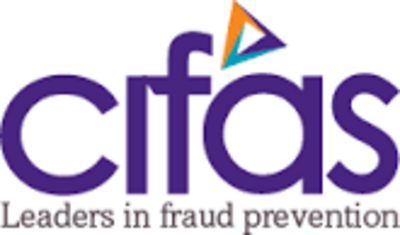Chris Took signs up to Cifas’ Fraud Manifesto
Chris Took, Woking Liberal Democrats Parliamentary candidate has today signed up to Cifas' Fraud Manifesto, asking for the next government to act on three simple measures, which will help cut fraud against people, charities, and businesses in Woking.
Chris said:
"This is an important campaign and I am glad to support it. Fraud affects everyone in Woking in some way - either as direct victims, or through higher taxes and fees as a result of the huge losses. Last year alone there were 32,757 cases of fraud in the South East costing over £113m, according to Cifas' own figures.
"All too often, fraud is considered to be a hidden crime. However, when your bank or insurer absorbs the cost of fraud it leads to higher fees or premiums for everyone. Similarly, if a charity loses money to fraud its reputation suffers and those who most need that money do not receive it.
"To tackle fraud, we first need to understand its scale. That's why I'm calling for the independent Annual Fraud Indicator to be re-established, which will make the scale of the threat clear.
"Second, we need to change the behaviour of people and businesses and ensure that they are savvier to frauds and fraudsters across the board in order to better help themselves. That's why I'm backing the call for a cross-sector awareness campaign to help people at all stages of their lives to stay safe.
"Finally, I want to see the punishment fit the crime. I am calling on the Government to review the sentencing guidelines for fraud to ensure that fraudsters are punished appropriately for their crimes. If a fraudster swindles a grandmother out of her pension, I want to see a punishment that reflects the very real trauma and heartache that devious act would cause.
"I am very happy to support this campaign and help cut the cost of fraud to the UK."
The Cabinet Office estimates that the cost of fraud to the public sector is between £31billion and £56billion every year. The true cost to charities and the private sector is unknown.
Cifas' Fraud Manifesto has three clear asks of the government:
- That a national measure of fraud loss is created. Government needs to work with industry, charities and other interested parties to understand the scale of the loss. Until it is understood, we will not be able to tackle it.
- For a government to lead on a co-ordinated education and awareness campaign on fraud, resourced jointly by Government and industry. People of all ages need to be savvier to frauds and fraudsters across the board in order to better help themselves.
- A comprehensive review of the sentencing guidelines for fraud. The public must have faith that when crimes are prosecuted, fraudsters are punished appropriately. And criminals need to know that whether they defraud a multi-national company of millions, or swindle a widower's pension, that they will face a tough sentence that reflects the impact of their crimes.
Cifas reports that in the last year alone, its member organisations reported 32,757 cases of fraud in the South East costing over £113m.

Simon Dukes, Chief Executive of Cifas, said:
"One thing is clear - incidents of fraud are on the rise. The Internet makes it easier and cheaper for fraudsters to try their luck and they are doing so at a greater pace and on an industrial scale.
"We are never going to arrest our way out of fraud. So we need to understand the scale of the threat we are facing in order to change behaviours and protect ourselves. And when we have evidence on the worst cases, citizens need to have confidence that fraudsters are being pursued with the full force of the law and that the punishment fits the crime."